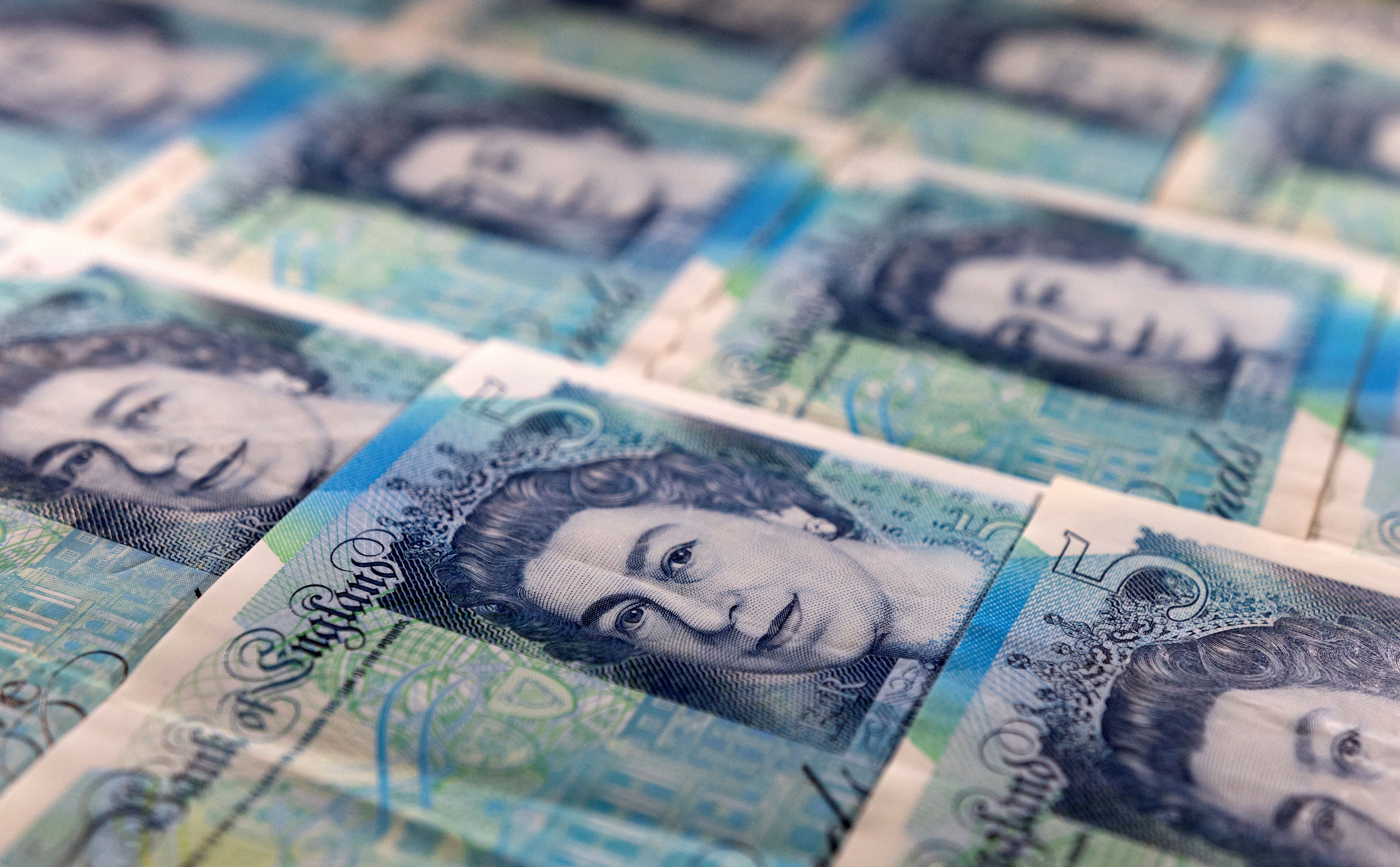The announcement in the past week that the Treasury and the Bank of England (BoE) are determining whether to unveil a possible digital pound in the UK sent shockwaves in the markets. Some top executives like co-CEO and co-Founder of HANetf, Hector McNeil, believe that a digital pound is likely to play an integral role in the UK economy in the future.
McNeil believes that cash is on the decline, with more consumers adopting digital payments. This has encouraged the UK government to pursue the project of developing a digital pound out of fears that the BoE might lose control of its important part of the UK’s financial ecosystem. The argument to support the digital pound is that the central bank needs to protect its role of guaranteeing that there is stability and usability of money in the nation.
For now, many questions have come up about the future of the UK financial system. Would a digital pound result in less cash held in bank deposits? How will it affect commercial banks and their ability to lend? In times of financial strain, will consumers shift money from banks to digital wallets, resulting in a possibility for a bank run?
Anticipating this the UK government said it will limit amounts that can be stored in digital pound wallets. However, analysts believe that such restrictions reduce the attractiveness of the digital pound as a mode of payment. With many digital payment methods smooth and already in massive use, there might be less incentive for consumers to use digital pounds in a limited wallet.
Related: What Challenges Arise When Designing A CBDC In 2021?
Nevertheless, this move by the UK government to some extent confirms that the future of finance and money is going digital.
‘Digital Pound’ Could Launch This Decade
The Bank of England stated that the currency might be interchangeable with money and would eventually ‘complement’ cash. In that context, the future of UK currency might be a little different within the decade with the introduction of the central bank digital currency.
If the digital pound is introduced, it would mean that the Central bank digital currency would get issued by the bank and people around the United Kingdom might use it for daily payments in person and for online goods. It is alleged that the currency would be readily interchangeable with money and bank deposits.
But, unlike what is known as ‘crypto’, the proposed ‘digital pound’ would be less volatile since it would be developed, operated, and distributed by a legislated organization instead of a private sector. The central bank and The Treasury have insisted that the introduction of digital currency may help with the public’s access to safe money as highlighted by The Mirror.
The digital pound might also help support the private sector innovation, choice, and efficiency in the digital payments space. In its official announcement of the consultation, the Treasury and the Bank of England insisted that no decision has been taken at this stage. More research and development are needed before any decisions are made.
A decision to introduce the digital pound into circulation will be reached in the next five years based on “future developments in money and payments”, according to the Bank of England. The digital pound will have the same value as cash and will be accessible digitally via smartcards and phones.
Related: London Blockchain Conference Announced for 2023
Jeremy Hunt, the Chancellor of the Exchequer, stated:
“While cash is here to stay, a digital pound issued and backed by the Bank of England could be a new way to pay that’s trusted, accessible, and easy to use. That’s why we want to investigate what is possible first, whilst always making sure we protect financial stability.”
This payment technique would be ‘widely available’ as highlighted by The Bank of England and they have insisted that it would be “risk-free, convenient and trusted” since it would be designed through rigorous standards of data protection and privacy. They commented:
“Neither the government nor the bank would access personal data nor would holders have the same level of privacy as a bank account.”
BoE Plans A 20,000 Digital Pound Cap
A statement by Bank of England Deputy Governor Jon Cunliffe suggests that Britons would be restricted to 20,000 digital pounds ($24,000) each if the country adopts the digital pound.
The government said that it is working with the BoE to press on with work on a possible digital pound that might enter circulation in the second half of this decade. Cunliffe said:
“We propose a limit of between 10,000 pounds and 20,000 pounds per individual as the appropriate balance between managing risks and supporting wide usability of the digital pound.”
A 10,000 pounds limit means that 75% of people could get their pay in digital pounds and hold pre-existing balances in the same account. On the other hand, a 20,000-pound limit would enable almost everybody to use digital pounds for daily transactions.
Related: All You Need to Know About Digital Wallets in the US
Money exceeding the cap would be ‘pushed’ into a user’s commercial bank account since a digital pound would not be a means of wealth storage. Cunliffe mentioned:
“At the other end, you could say I need a little wallet full of internet cash to buy things on Amazon.”
Eventually, the digital pound would have the same legal status as cash.










